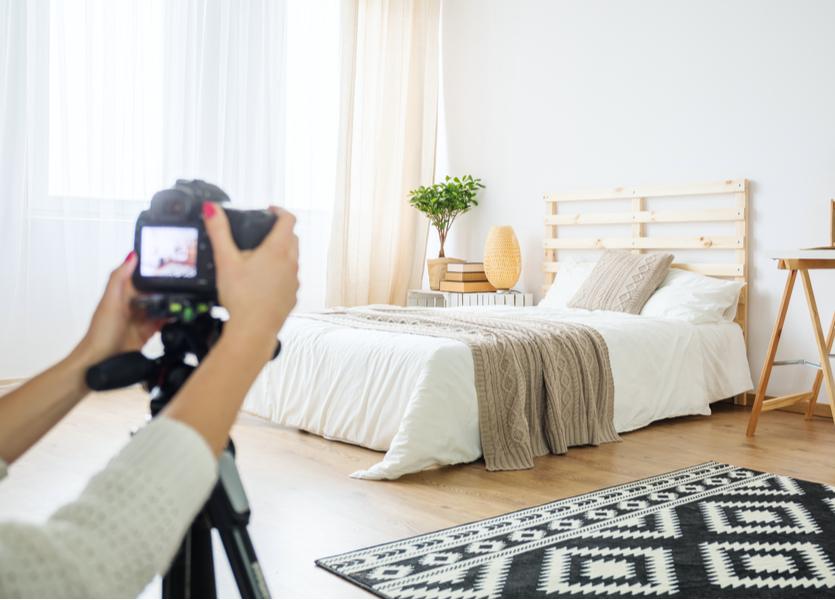You are viewing our site as an Agent, Switch Your View:
Agent | Broker Reset Filters to Default Back to ListEverything Your Brokerage Needs to Know about Web Image Copyrights
August 07 2019
 Picture this: The perfect real estate website, full of gorgeous shots of beautifully staged homes and design trends.
Picture this: The perfect real estate website, full of gorgeous shots of beautifully staged homes and design trends.
There's just one issue.
That website pulled its design trend images from an image search—and they weren't properly licensed. Now, the owner of that site is in copyright hot water.
It sounds like one of those things where everyone does it, so how are they going to catch you, right? But believe it or not, companies are pretty stringent about copyright rules on images.
Even posting memes on your website can cause issues; a few years ago, a certain image licensor went after websites for using the Socially Awkward Penguin meme.
Wait, why does this happen?
This situation happens because of copyright infringement. Copyright law is a complicated subject, and involves quite a bit of nuance, but unless specified by an agreement, whoever created the content holds the copyright for it.
So how do you make sure that your images are within copyright rules, and won't get your website into trouble?
1. Make sure you have the license for them.
One license does not fit all. Even if someone else has licensed an image, using it on your website requires you to have a record of that license for that website. Some licenses allow multiple uses of an image, but some only allow you to use the image in one place.
Know the terms of your image license before you download, and keep track of your license. Just in case.
This also applies for any images you use from listing photographers.
What about CC0?
Some websites, like Unsplash, publish their content under a Creative Commons 0 (CC0) license. This means that anything on their website can be downloaded and used for commercial purposes, free of charge, without any kind of attribution.
This license doesn't apply to every image listed as Creative Commons, however—there are tiers. CC0 is the only one that allows commercial usage, which a real estate website does fall under.
Every website that offers downloadable images will have the terms of its license published somewhere, and those that offer CC0 will specify that. If you don't see CC0, it will usually be something along the lines of allowing you to use images for commercial purposes without permission and without attribution.
2. Know where—and where not—to pull images from.
As I mentioned, sites that you purchase licenses from and sites that offer explicitly CC0 content are perfectly safe options for imagery for your real estate website.
There are, however, a few places you shouldn't pull content from. Social media platforms in particular, including Pinterest, are dangerous ones. Because of its viral and informal nature, social media has historically made it hard for companies to enforce copyright rules—but recent changes, including Google's reverse image search, are making it much easier.
On that note, Google image searches are also a less-than-ideal place to pull images from, because you have no real way of knowing where the license for that image is, or where to get it.
So even though that meme you saw was hilarious, remember from the story of bloggers getting slapped with fines for sharing a meme: Putting images that come from social media or image searches on a website is dangerous.
Wait, why is that okay to share on social media, but not on a website?
Technically, it's not legal to share in either place. However, despite there being rules for both websites and social media, it is much easier for content owners to find improperly shared content on websites than it is to find on social media.
And even that may change. A current movement in the U.K., for example, requires platforms like Pinterest and TikTok to enforce copyright rules themselves, which would prevent users from uploading anything that uses copyrighted content without permission.
3. When in doubt, don't.
'Nuff said. If you're not sure if you have the permissions or license to use an image on your website, play it safe and pick a different pic.
To view the original article, visit the Lone Wolf blog.









